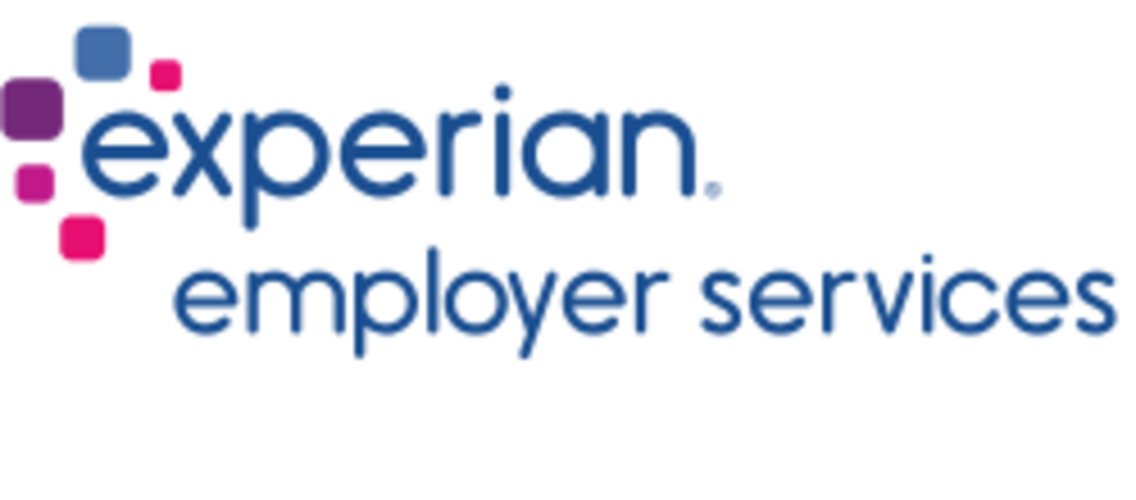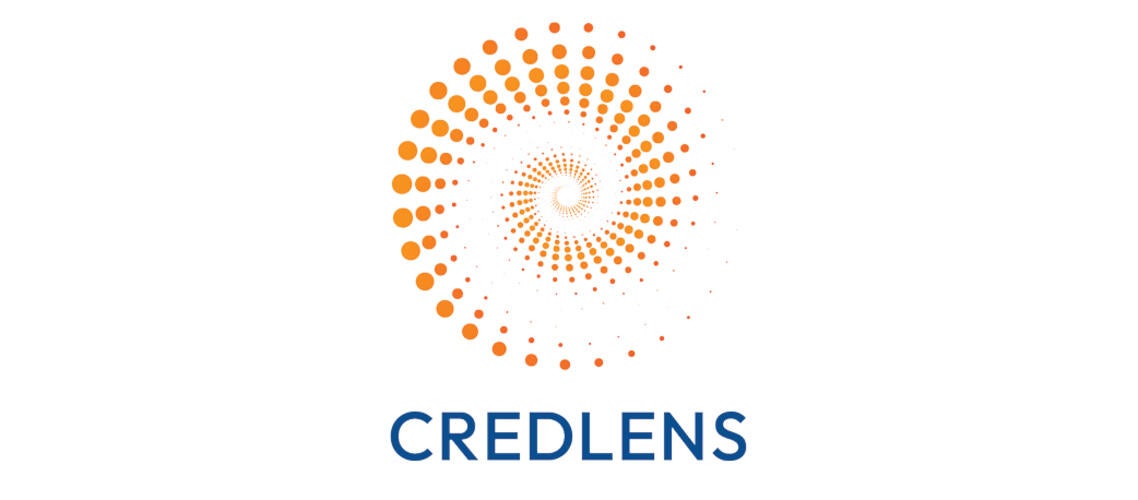Arizona's Second Chance Center Program
Arizona Pinnacle Award for Business Development Nomination: Arizona's Second Chance Center Program
Contact Information of Individual Submitting Nomination
Nominator: Gretchen Caraway
Email Address: GCaraway@azdes.gov
Agency Name: Arizona Division of Employment and Rehabilitation Services
Arizona's Second Chance Center Program
There are more than 46,000 people incarcerated in Arizona. Of those, 92% will remain in Arizona once they have completed their sentences. In an effort to create safer communities, Governor Ducey has empowered Arizona agencies to connect soon-to-be-released offenders and ex-offenders with resources that will help them to live successful, crime-free lives. Helping former inmates to become gainfully employed and providing them with the tools they need to remain and advance in their employment, is key to the Governor's "25/10" initiative goal, which would reduce Arizona's recidivism rate by 25% over the next 10 years.
The Arizona Department of Economic Security (DES) has partnered with Arizona Department of Corrections (ADC) to fulfill the Governor's initiative by connecting individuals with criminal backgrounds to employment. This partnership was the genesis for the State's Second Chance Center (SCC) programs. Since March 2017, employment counselors from the DES Division of Employment and Rehabilitation Services (DERS) have been stationed, full-time, inside three ADC prison units; Manzanita (Tucson), Piestewa (Perryville) and Eagle Point (Buckeye). The Manzanita SCC has a program capacity of 48 male inmates, a capacity of 63 female inmates at Piestewa and 265 male inmates at Eagle Point. The SCC programs help inmates who are within 90-days of release prepare to re-enter the workforce.
The DERS program's pre-employment skills activity cycle provides high risk/high needs inmates with pre-employment preparation skills and instills a strength, confidence and motivation, set by example. Combining directed leadership with empathy and detailed instruction, our employment counselors successfully provide direct, mission-focused energy, commitment and hope to their assigned inmate cohort each and every day.
DERS' employment counselors' duties are to provide basic employment preparation services and supervision to an assigned inmate population of high risk/high needs inmates in a correctional setting during an eight-week employment readiness program cycle. This provision includes an initial employment needs assessment, basic computer skills training, creation of Arizona Job Connection (AJC) account, resume development, interview skills, mock interview sessions, internet employment searches, creation of e-mail accounts, participation in and supervision of onsite job fairs, coordination of actual employment interviews, daily computer-based data entry and tracking, and daily telephonic and/or e-mail follow up with graduates of the program to assess their employment success and retention. Throughout the process, employment counselors provide workforce mentorship, guidance, and serve as an appropriate example of effective communication, professional behavior, and leadership to the SCC program inmate population.
Statement of results, accomplishments, impacts and any other appropriate information that demonstrates why the nominee's efforts were an exceptional contribution.
Employment Accomplishments
To date, approximately 2,000 participants have graduated from the SCC program, of which 48% have successfully obtained employment opportunities. Those inmates exiting the correctional system with employment opportunities are less likely to recidivate (13.2%) compared to those without identified employment at release (20.4%).
Other Significant Accomplishments
Several initiatives and pilots are being developed and implemented to ensure the overall success of SCC program participants. Some examples include the following:
- Employment related barriers, such as a lack of legal documentation, are being addressed by focusing on the obtainment of social security cards, driver licenses and birth certificates prior to release
- In the Phoenix area, transportation barriers are addressed, in collaboration with the City of Phoenix, whereby bus passes are offered to program graduates at no-cost
- Private cab services provide meaningful partnerships by offering solutions to transportation needs
- Successful collaborations with community organizations, including, Arouet, Arizona Women's Education and Employment (AWEE), Community Kitchens, Dress for Success, Father Matters, Rescued Not Arrested, etc., have resulted in increased opportunities and resources to maintain SCC participants' post-release success
- Provision of Arizona Career Readiness Credentials increase employment prospects for graduates
- Access to DES-operated, internet-capable computers which enable program participants to job search more effectively, reduces the amount of time required in finding and responding to a job opening, post-release
- Applications and eligibility assessments for Supplemental Nutrition Assistance Program (SNAP) benefits (formerly known as food stamps) prior to release may more quickly mitigate food-related barriers, post-release
- Applications for medical benefits prior to release started while in the program so benefits can be received without delay post-release
Other significant contributions
The SCC program focuses on employment and elimination of barriers to employment. However, the SCC population encounters significant barriers upon release. Strong, direct partnerships with the ADC, the Arizona Department of Housing (ADOH), Maricopa County, Pima County, the Home Builders Association of Central Arizona (HBACA), faithbased and community organizations have been developed to provide a resource and to leverage long-term successful outcomes.
DERS' Business Services and the Arizona Job Connection hosts background-friendly employers, with positions in all skill levels at SCC job fairs. HBACA offers construction skills training, and immediate job placement upon release. Job fairs and HBACA efforts result in direct employment, and help participants imagine and realize life beyond criminality.
Each participant may attend evidence-based, intensive substance abuse, self-control/anger management, parenting, Family Ties, money management, and other self-improvement classes.
The Arizona Department of Administration has also partnered with the SCC to provide surplus mobile telephones to SCC participants. The ADOH meets with SCC participants to address housing issues and housing alternatives. DERS has embedded employment counselors within ADC Parole Offices and Reentry Centers throughout Arizona, providing a continuum of client services for employment, and for referrals to social services or community-based partners, to maximize outcomes for individuals, post-release.





























